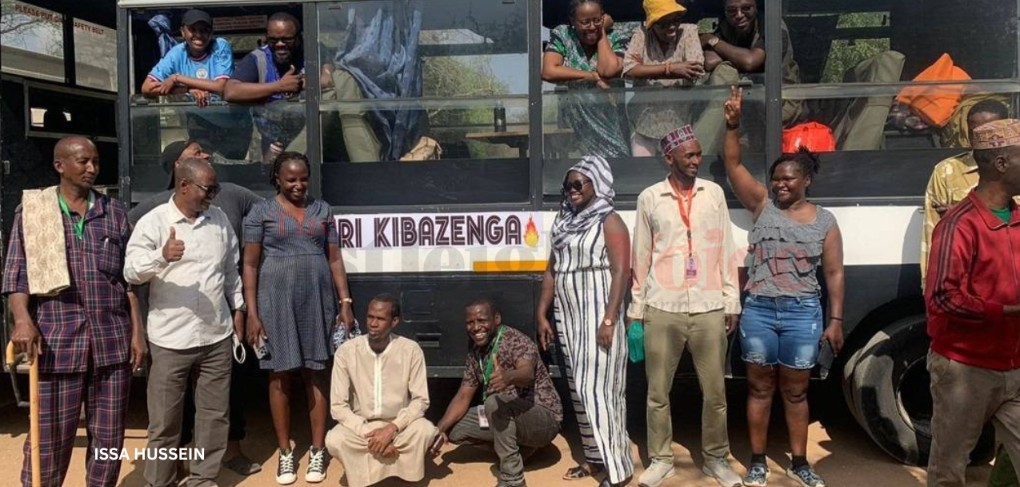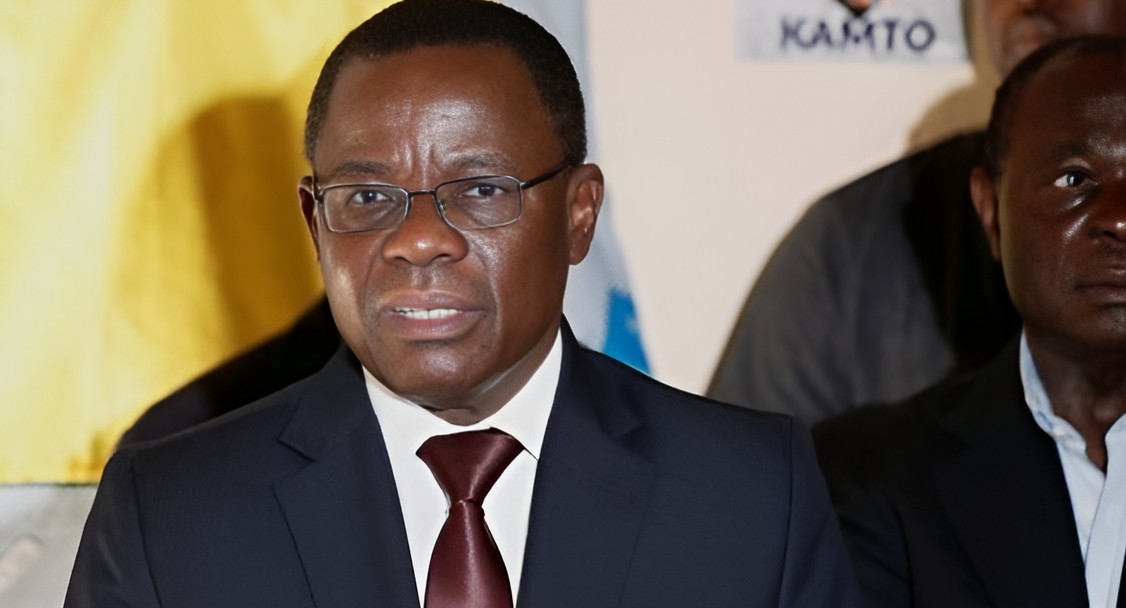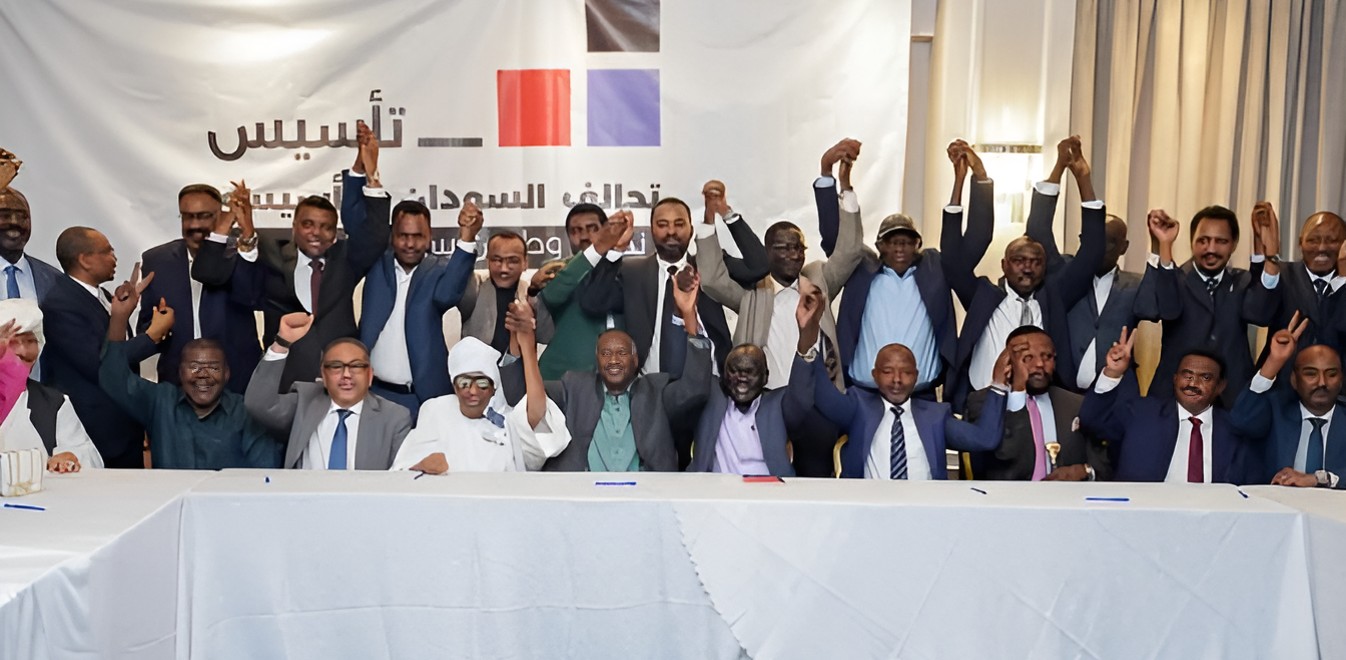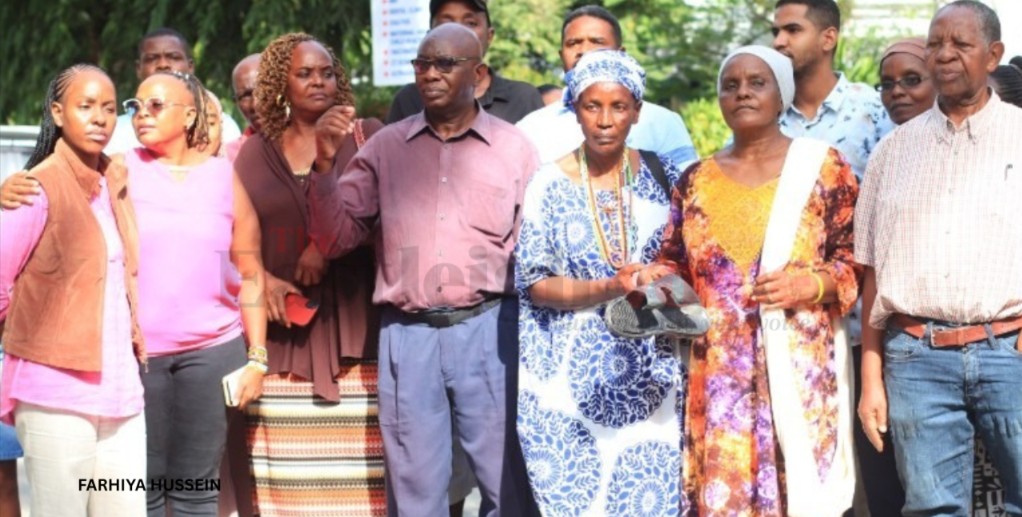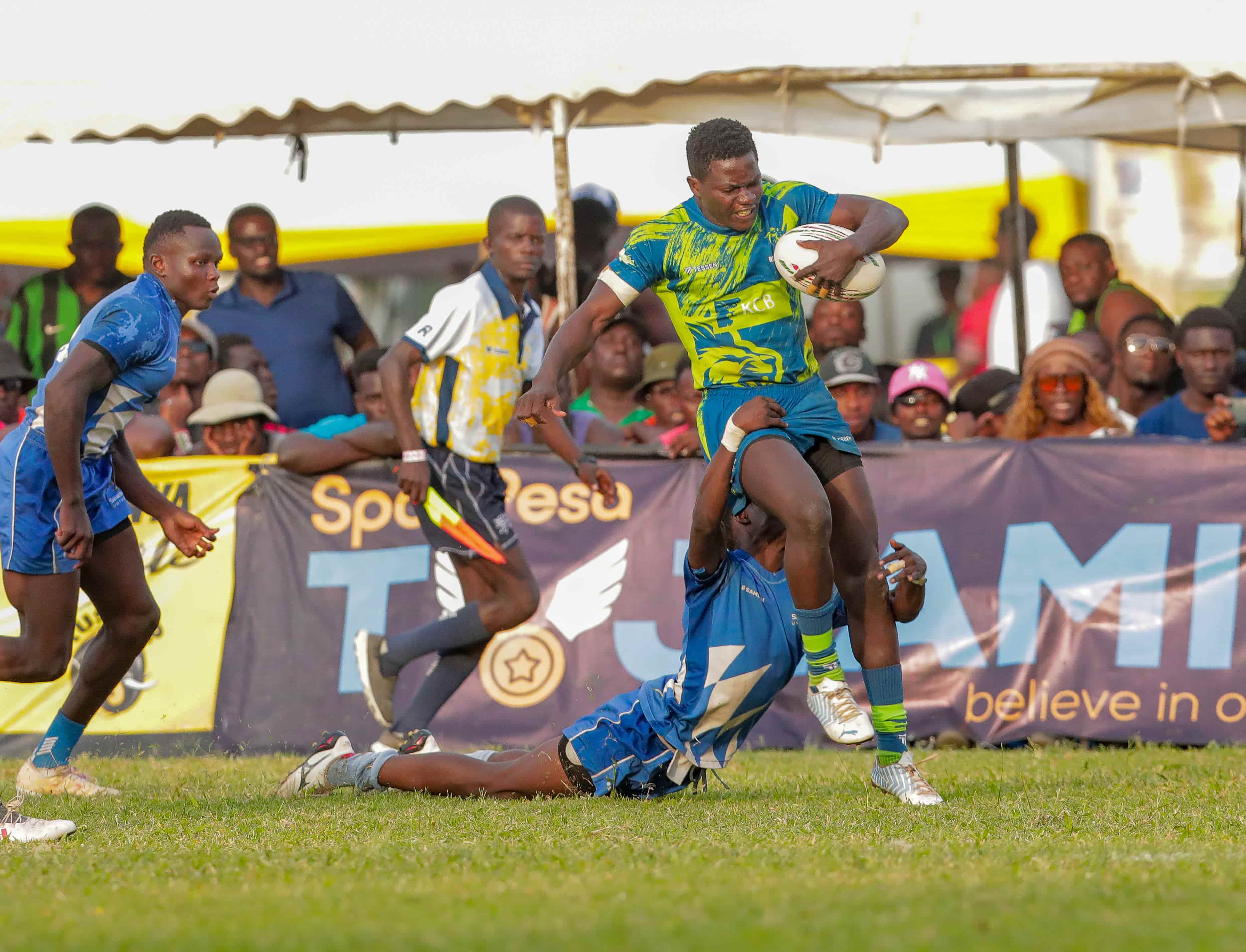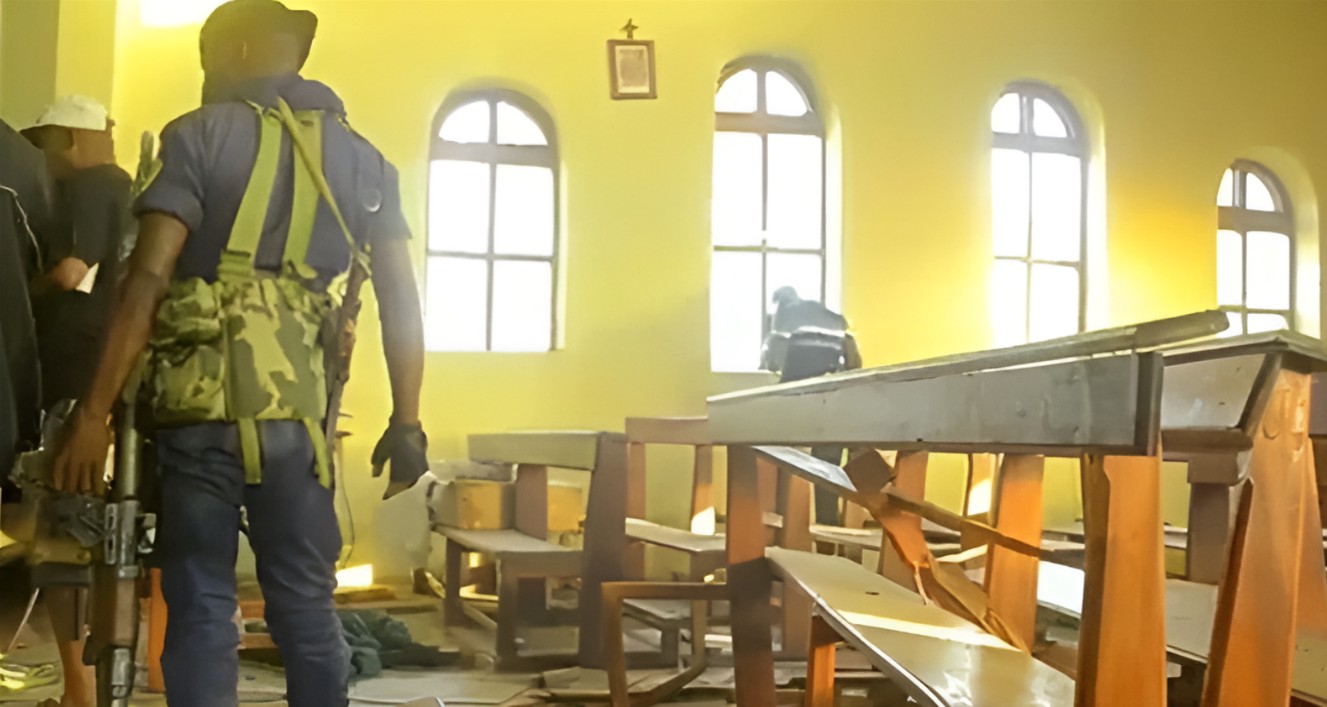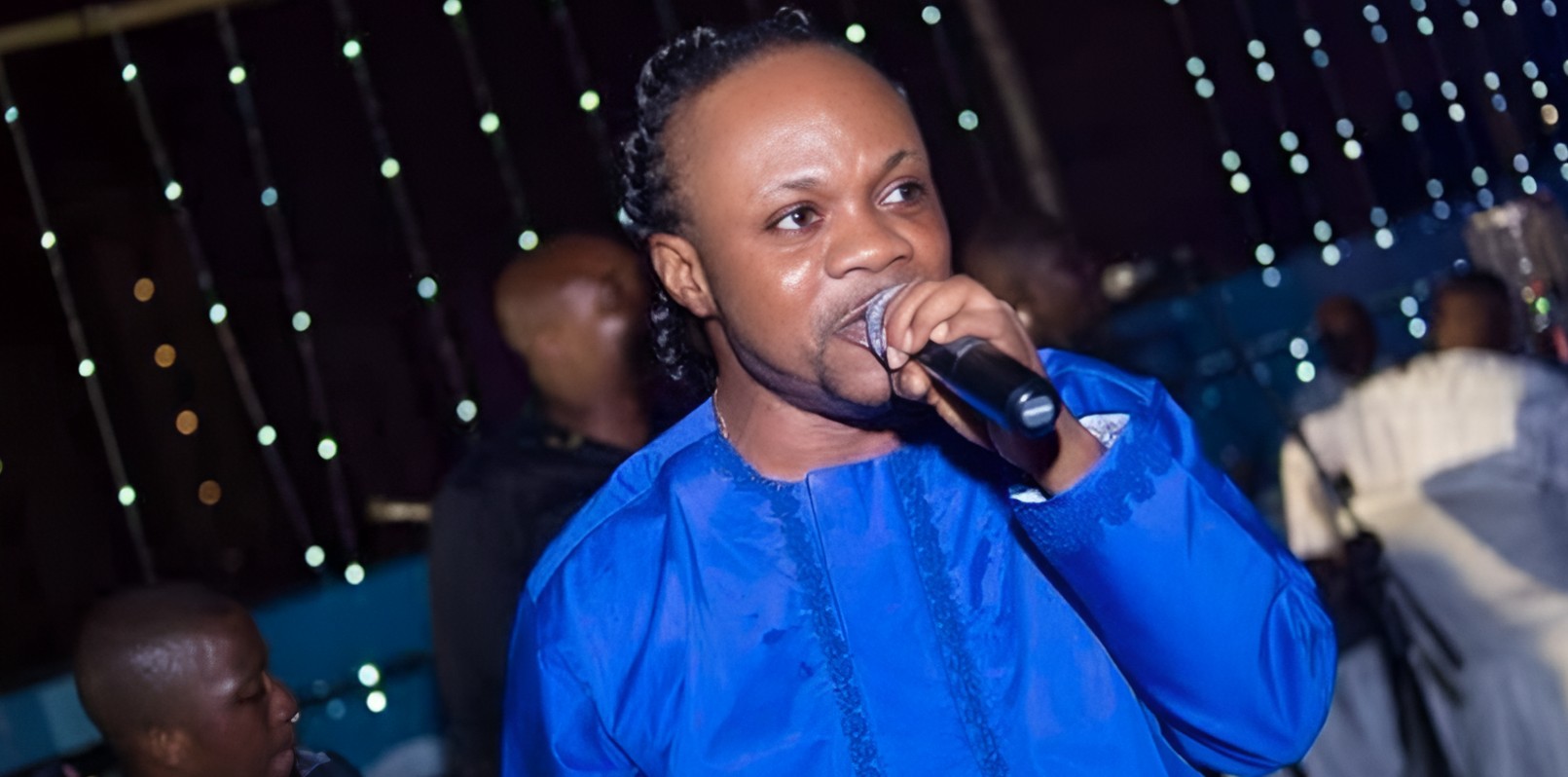Tanzania sets October 29 General Election date amid opposition exclusion fears
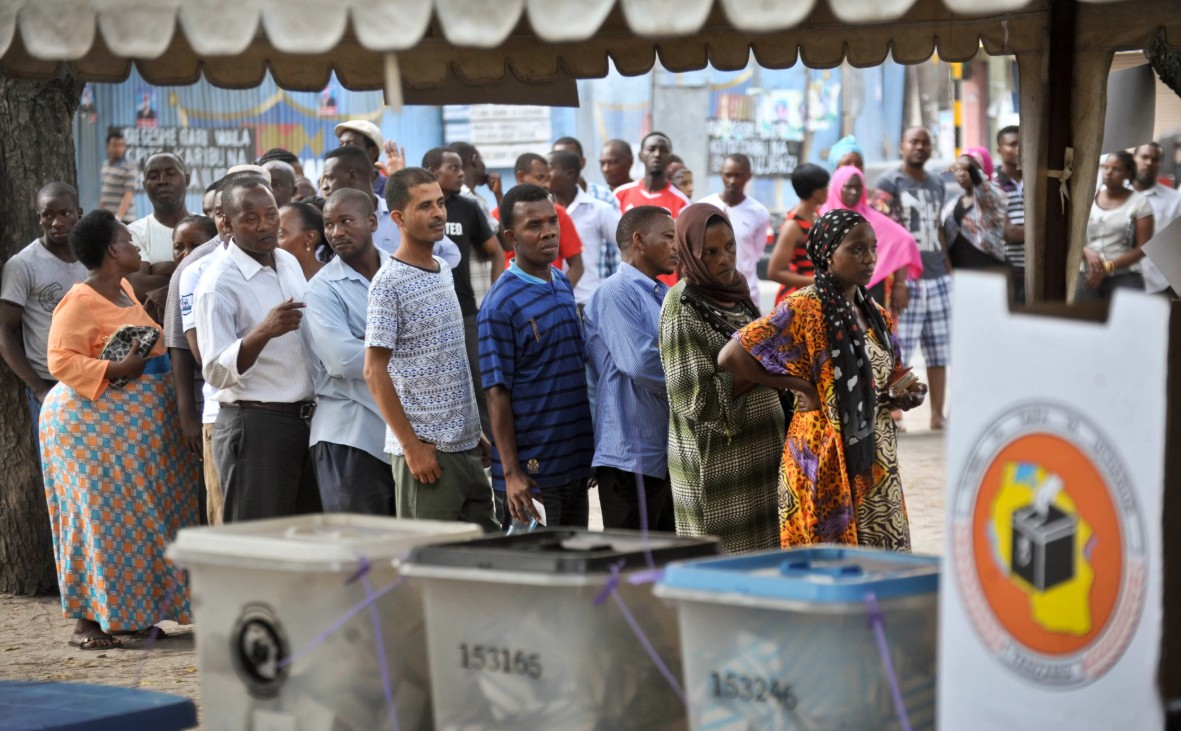
The disqualification of the main opposition party, Chadema, has raised sharp criticism and triggered accusations of repression and political interference.
Tanzania will hold its general elections on October 29, even as concerns mount over the exclusion of the main opposition party and the imprisonment of its leader, casting a shadow over the legitimacy of the process.
The Independent National Electoral Commission (INEC) confirmed the date on Saturday during a meeting with political representatives in the capital, Dodoma, and announced that the nomination of candidates will run from August 9 to 27.
More To Read
- Cameroon’s Paul Biya, 92, announces he will seek eighth presidential term
- Tanzania's Ambassador to Cuba Humphrey Polepole resigns, citing loss of faith in President Samia Suluhu's leadership
- Tanzanian opposition leader Tundu Lissu leads own defense in treason trial, slams case as baseless
- Tanzania pushes back as UN raises alarm over repression ahead of elections
- Tanzania arrests opposition official ahead of Brussels forum, raising crackdown fears
- Tanzania electoral commission announces new constituencies, ahead of august polls
The elections will cover the presidency, parliamentary seats, and ward-level positions. However, the disqualification of the main opposition party, Chadema, has raised sharp criticism and triggered accusations of repression and political interference.
INEC disqualified Chadema earlier this year after the party declined to sign the electoral code of conduct, which it said lacked meaningful reforms. The party argued that without changes to the electoral framework, the process would not be free or fair.
Chadema leader Tundu Lissu was arrested in April and remains in custody on treason charges, which carry a possible death penalty.
His arrest and the party’s exclusion have drawn condemnation from rights groups and political observers, who accuse President Samia Suluhu Hassan’s government of tightening its grip on political space.
"We call upon all election stakeholders to participate in the election and adhere to the laws and regulations," said INEC chair Jacobs Mwambegele, who also announced that 37.65 million voters have been registered for the upcoming polls.
While general elections were expected this year following the last vote in 2020, the political environment surrounding the 2025 exercise has prompted increased scrutiny, both locally and internationally.
Chadema has long claimed that its members have been subjected to abductions, killings, and systematic exclusion in past elections.
The party insists it cannot recognise a process it believes is unjust, biased, and deliberately designed to lock out dissenting voices.
Despite calls for inclusivity and reform, the electoral commission has stood by its decision to bar the party, maintaining that political actors must operate within the confines of existing electoral laws.
Critics argue that going into a national election without the participation of the leading opposition undermines democratic competition and raises serious concerns over the credibility of the eventual outcome.
As the campaign season approaches, questions remain over whether the government will address the opposition’s concerns or proceed with an election process increasingly viewed as one-sided and restrictive.
Top Stories Today


